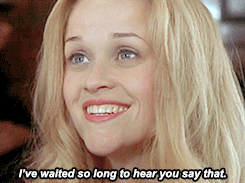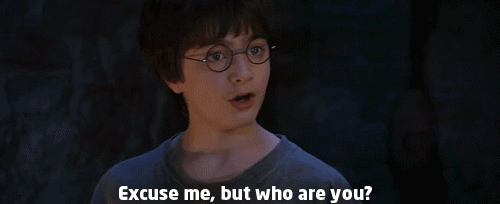Common Comma Problems
We all have those things we hate doing: snaking the bath tub drain, adulting, dealing with commas.
I deal with them so much while freelance editing that I have a macro for a comment box with “Comma” all ready to go. True Story.
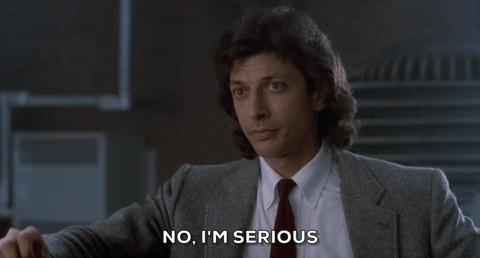
Here are the four most common places I’m marking “Comma” in Dev/Copy Edits:
(all examples below hail from my #WIP Rallied, lucky you!)
1. After an Introductory Clause
To start at the beginning, we need a comma after those first opening words:
However / First / Well / Basically / Yeah / Finally / Still / (Exclamatory Curse/NonCurse Word)
Once upon a time, he knew exactly how to handle a girl like that.
Basically, yeah, but you’re missing the point already, dude.
God, when did he become this guy again?
“He’s not a hipster. Well, he is, but to be precise, he’s a lumbersexual,” Richard said, steadily slicing onions.
However, Tommy hadn’t sworn anything.
She’d been totally and completely real. And still, Tommy didn’t trust her.
A good way to check for this is by reading your stories OUT LOUD. And act like you're Jeff Goldblum.

Listen to where you’re pausing at the beginning of your sentences – where those first clauses come to a stopping point. If you’re pausing, look and see whether you need a comma.
2. Before a name
This is a big one. Most commonly found in dialogue, but occasionally in direct internal address.
We need a comma before (and after) we say a person’s name. Like, to their face.
The lumberjack that’s been glued to your ass, Evan.
Jesus Christ, Evan. How many times do you need to be told it wasn’t your fault?
I loved him, more than anything, but he is gone, Evan, and he’s not coming back.
I’m telling you, Tommy, you need to talk to her. Something’s up.
We also need them in internal address:
You’re thirty, Tommy. Thirty years old and this is where you’ve ended up. Good job, dude.
The comma before a name applies not only to proper nouns, but nicknames that are acting as the person’s name:
“Come on, dude,” Evan said, inviting him with a curl of her finger that was as enticing as she could make it.
"Let it go, man. You’re in a place that has nothing but time, and ain’t nobody got time for that."
“Hey, man. You want a beer?”
Without that comma, we are using that person’s name in a manner that no longer makes logical sense.
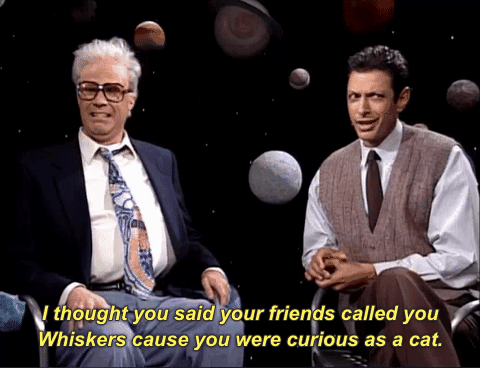
People can’t “Let things go dude”
What happens when things “go dude”? Are there cowboys and ranch hands involved?
That comma is there to single out the person we are addressing. And to keep me from having nineties nickelodeon sitcom flashbacks.
3. Where you have a semicolon
For some reason, it seems to me you’re all either scared of these, or dropping them all over the place. First, if you're scared, I promise it’s okay! No one is going to yell when you use a semicolon, and even if you get it wrong, at least you’re trying!
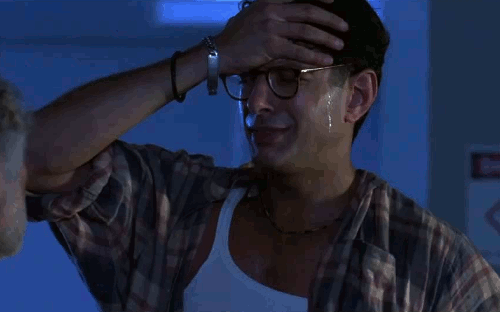
For the second group - hey, I get the love, man. I am a huge fan of the semicolon. And while commas do a lot for us - they give us pause after introductory phrases, separate clauses, separate items in a series, and address people - they can’t quite do it all.
So when is the right time for a comma, and when do we use a semicolon?
If you have a sentence with:
One or more independent phrases
A comma between them, and
NO CONJUNCTION
Youuuu . . . may need a semicolon.
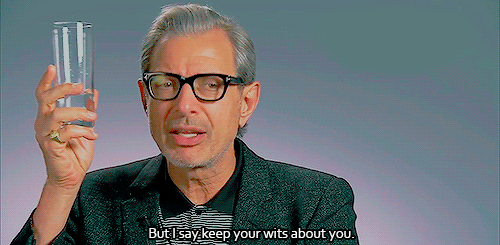
The semicolon is when we’re marrying two separate single sentences into one stronger union.
She was a mile away; a glimmer he wanted to shine so bright it would blind him.
A comma would be inappropriate because we have two separate clauses/phrases here that aren’t joined by a conjunction ( , and / , but )
She was a mile away, and a glimmer he wanted to shine so bright it would blind him.
I . . . don’t like it.
They could have been separate sentences.
She was a mile away. A glimmer he wanted to shine so bright it would blind him.
That’s okay. But I think the semicolon is stronger in this instance.
The easiest way to know if you need a semicolon where you have a comma is to see if the comma can be replaced by a period. If it can be a period, it should probably be a semicolon.
4. Dialogue tags!

Hey, I saw that cringe!
I’m not talking about punctuating the actual dialogue here – the “comma before closing quotes for a dialogue tag and a period before closing quotes for action beats” stuff. If you’d like more on that, check out Dialogue Tags, Actions Beats, and Voice Descriptors, Oh My!
Here, I want to talk about a comma that comes AFTER the dialogue tag.
The one after “X said.”
“Just stop,” she said, defeat tainting her words. “It’s no use.”
“That reminds me,” Evan said, finishing off the last of her early dinner. “How much do you know about cars?”
“Come on, hot shot,” he said, swiping the keys from her hand.
The comma is taking place of the missing conjunction. If we didn’t have the comma, and had used a conjunction, it would look like:
“Just stop,” she said with defeat tainting her words. “It’s no use.”
“That reminds me,” Evan said while finishing off the last of her early dinner. “How much do you know about cars?”
“Come on, hot shot,” he said while swiping the keys from her hand.
If you don’t have a conjunction between them, you need a comma.
But you don’t need both.
“Come on, hot shot,” he said, swiping the keys from her hand. [RIGHT]
“Come on, hot shot,” he said while swiping the keys from her hand. [RIGHT]
“Come on, hot shot,” he said, while swiping the keys from her hand. [WRONG]

Remember, if you don’t have two separate phrases you’re looking to keep apart, you won’t need a comma at all.
“Hey, Evan,” Taz said from behind the counter. “You need something?” [RIGHT]
“Hey, Evan,” Taz said, from behind the counter. “You need something?” [WRONG]
But if you do need a comma, don’t drop that bad boy not until you’re separating two different phrases
“Come on,” he said with a groan, hooking the guy’s arm over his shoulder and walking him out of the restaurant. [RIGHT]
“Come on,” he said, with a groan, hooking the guy’s arm over his shoulder and walking him out of the restaurant. [WRONG]
“All right,” he said when he was done, setting his backpack by the door. [RIGHT]
“All right,” he said, when he was done, setting his backpack by the door. [WRONG]

Until next time, Happy Reading!
Xoxo
Katie











